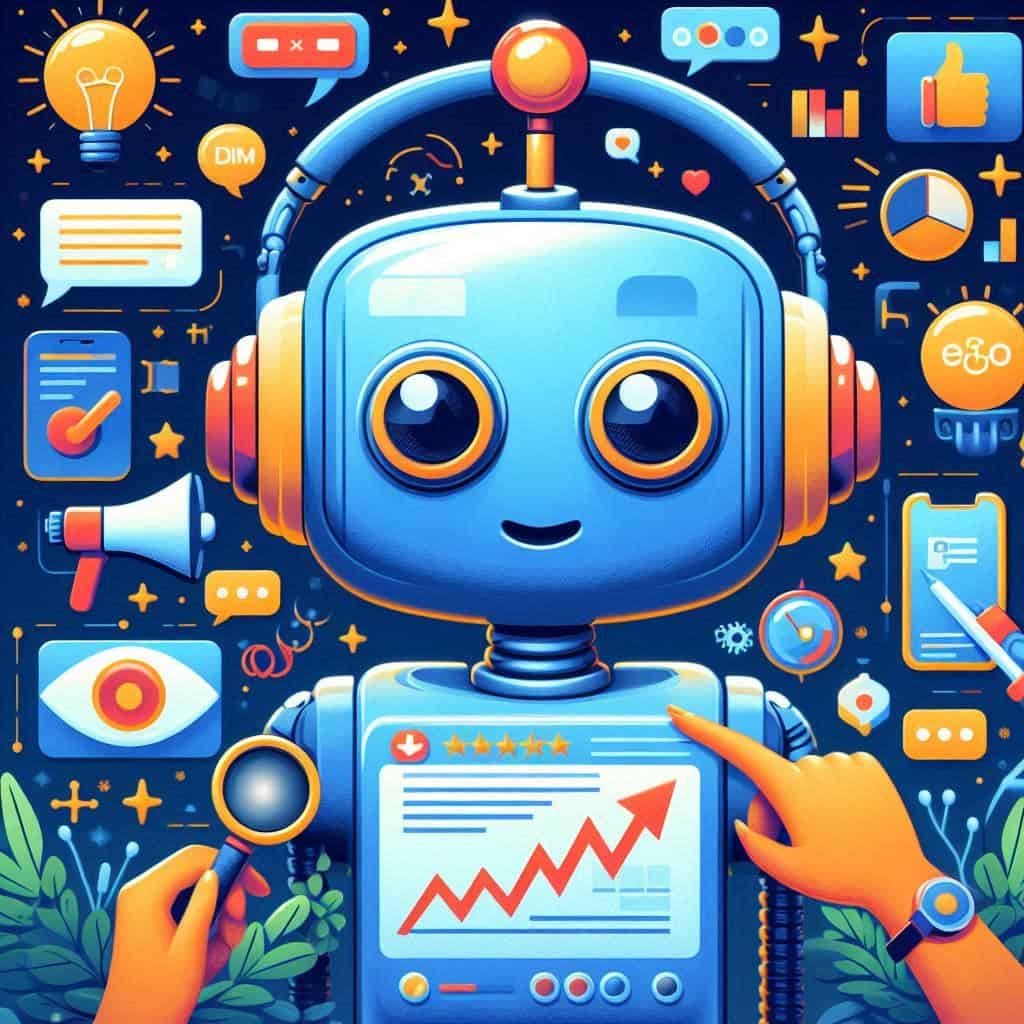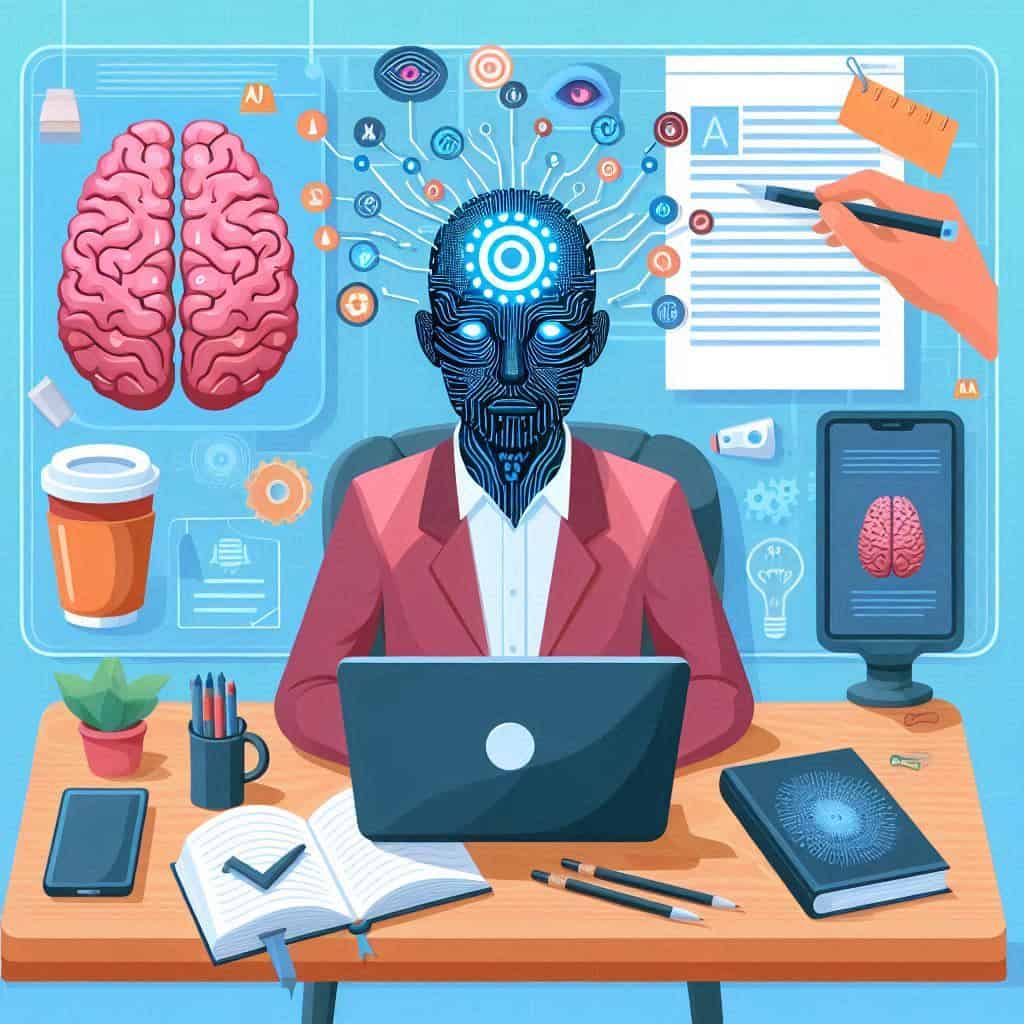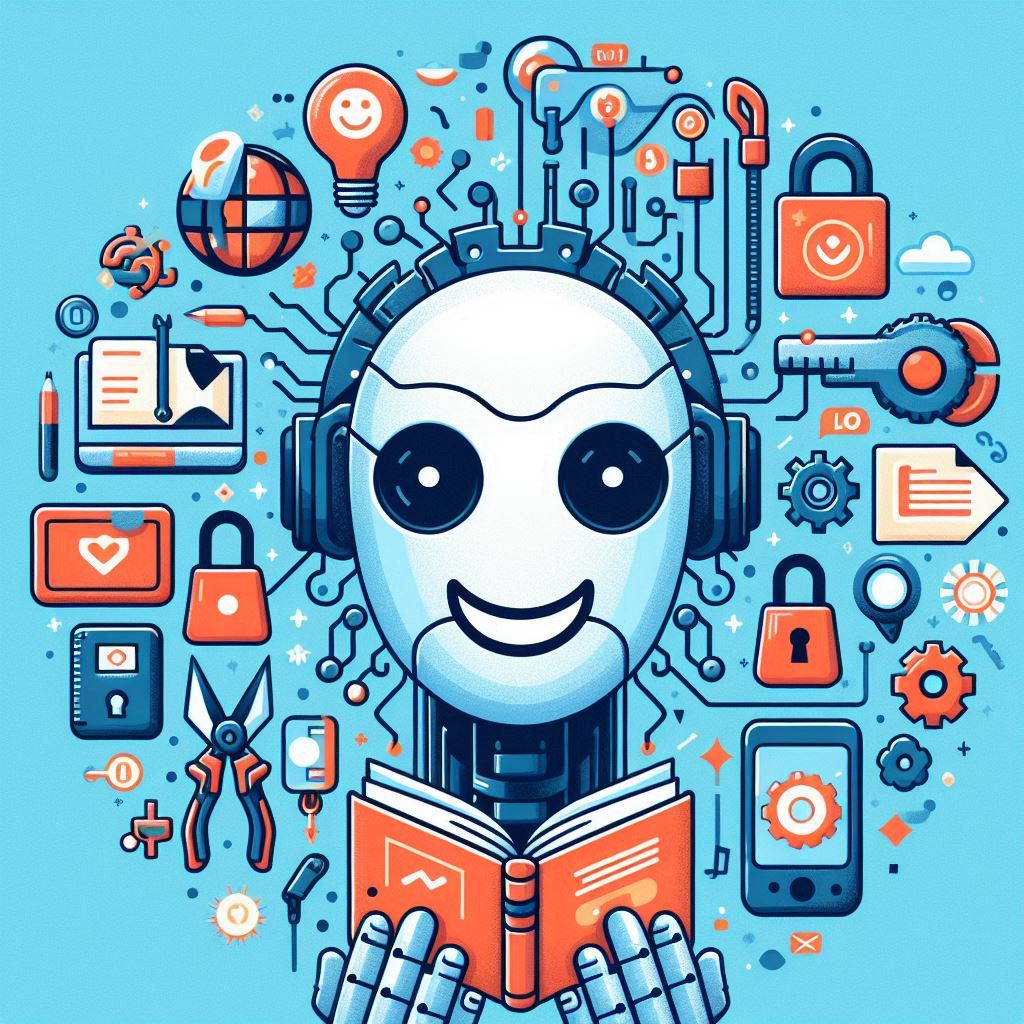
AI Tools for Book Sales Optimization: A Comprehensive Guide for Authors and Publishers
- Publishing Journey

The book market is more competitive than ever. Authors and publishers are constantly searching for innovative marketing strategies to stand out and reach their target audience. Artificial intelligence (AI) has emerged as a game-changer in book sales optimization, offering a powerful suite of tools and strategies to help authors and publishers connect with readers on a deeper level, personalize marketing efforts, and ultimately drive sales.
Understanding the Book Sales Process
Traditionally, the book sales process involves four key stages:
- Acquisition: Publishers or authors decide which titles to publish.
- Promotion: Books are marketed to create awareness and generate interest among potential readers.
- Distribution: Books are made available to retailers, wholesalers, and readers.
- Customer Engagement: Publishers and authors build and maintain relationships with readers.
However, this traditional process faces several challenges:
- Market Uncertainty: Predicting reader preferences and market trends is difficult.
- High Marketing Costs: Effective promotion often requires significant investment.
- Inventory Management Issues: Overstocking or understocking can impact revenue and profitability.
- Fierce Competition: It can be difficult for new titles to gain visibility.
- Changing Consumer Behavior: The rise of digital reading and evolving preferences require publishers to adapt.
AI offers a solution to these challenges by streamlining processes, improving efficiency, and providing data-driven insights at each stage of the book sales process.
AI-Powered Tools for Book Sales Optimization
Here’s a look at some of the AI-powered tools revolutionizing the book publishing industry:
- Predictive Analytics: These tools use historical data and market trends to forecast future sales, helping publishers and authors make informed decisions about production, marketing, and distribution.
- Recommendation Engines: These AI-powered systems analyze reader preferences and behavior to provide personalized book suggestions.
- Sentiment Analysis: By examining customer reviews, social media mentions, and online discussions, sentiment analysis tools gauge public opinion about books and authors.
- Customer Segmentation: AI algorithms segment readers into distinct groups based on demographics, reading habits, and preferences.
- Marketing Automation: Tools like Buffer and Hootsuite use AI to automate social media posting and scheduling.
- Chatbots: AI-powered chatbots can engage with readers in real-time, answering FAQs and providing updates on new releases.
- Visual Content Creation: AI design tools make it easier to create professional-quality visuals for marketing.
- Audiobook Production: AI voice technology can generate high-quality audiobook narrations.
AI-Driven Strategies for Each Stage of the Book Sales Process
AI’s impact extends to every stage of the book sales process, enabling data-driven decisions and personalized approaches:
Acquisition
AI can analyze market trends to identify promising genres and niches, helping publishers acquire manuscripts with higher market potential.
Promotion
- Personalized Marketing Campaigns: AI personalizes email campaigns by tailoring content based on reader preferences and behavior.
- Targeted Advertising: AI analyzes data to identify the right audience for book ads, optimizing placements and ad content for better performance.
- Social Media Marketing: AI tools automate social media posting and recommend trending hashtags and content ideas.
Distribution
- Inventory Management: AI optimizes inventory levels by analyzing sales data and demand patterns.
- Demand Forecasting: AI algorithms predict future demand for books based on various factors.
- Supply Chain Optimization: AI streamlines the logistics of book distribution.
- Pricing Strategies: AI enables dynamic pricing strategies that adjust book prices in real-time.
Customer Engagement
- Sentiment Analysis: AI analyzes book reviews and social media mentions to understand reader sentiment.
- Personalized Recommendations: AI analyzes reader data to provide personalized book recommendations.
- Chatbots: AI-powered chatbots engage with readers and provide personalized updates.
- Loyalty Programs: AI helps design and manage loyalty programs by tracking customer behavior.
Case Studies of Successful AI-Driven Book Marketing
There are numerous examples of authors and publishers who have achieved impressive results using AI for book sales optimization. For instance, debut novelists have successfully used AI to identify and target readers interested in similar genres, leading to highly successful book launches.
Challenges and Limitations of AI in Book Sales Optimization
While AI offers significant benefits for book sales optimization, it’s essential to acknowledge potential challenges and limitations:
- Cost: Implementing AI tools can require a significant financial investment.
- Data Privacy and Security: Using AI involves collecting and analyzing large amounts of reader data.
- Bias in Algorithms: AI algorithms can inherit biases from the data they are trained on.
- Need for Human Oversight: While AI can automate many tasks, human oversight is still essential.
The Future of AI in Book Sales Optimization
The future of AI in book sales optimization looks bright. Expect to see:
- More sophisticated predictive analytics and machine learning algorithms.
- The use of AI for dynamic pricing strategies.
- AI-assisted content creation.
- The integration of AI with augmented reality (AR) and virtual reality (VR).
Conclusion
AI is revolutionizing book sales optimization, providing authors and publishers with the tools and insights they need to thrive in a competitive market. By embracing AI-powered solutions, authors and publishers can:
- Save time and resources by automating tasks and streamlining processes.
- Reach a wider audience through targeted marketing and personalized recommendations.
- Gain valuable insights into reader preferences and market trends.
- Create more engaging and effective marketing campaigns.
- Enhance the reader experience through personalized interactions.
In an industry constantly evolving, AI is no longer just an option but a necessity. Embracing AI is key to staying ahead of the curve, ensuring that books reach the readers who will appreciate them most.
Share:


